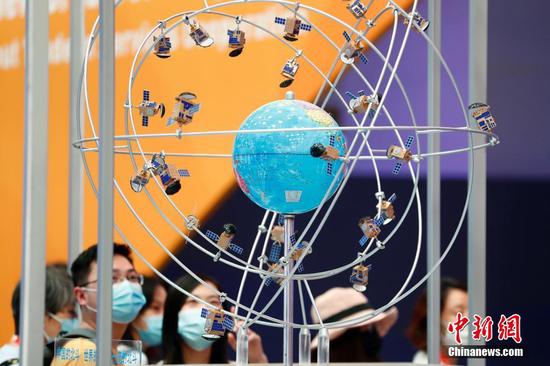
(ECNS) -- A white paper released on Sunday shows that in 2024, China's BeiDou Navigation Satellite System (BDS) made significant breakthroughs, with the number of BDS-supported devices exceeding two billion units or sets.
According to the paper, released by the Global Navigation Satellite System and Location Based Services Association of China (GLAC), the country's satellite navigation and positioning service industry achieved a total output value of 575.8 billion yuan ($?), marking year-on-year growth of 7.39%. Besides, the cumulative number of patent applications in satellite navigation has exceeded 129,000, maintaining China's leading position in this field globally.
In 2024, domestic satellite navigation and positioning terminal product sales exceeded 410 million units, the paper said. Notably, smartphone shipments with satellite navigation capabilities reached 294 million units, while sales of various positioning terminal devices, including IoT, wearable, vehicle-mounted, and high-precision equipment, surpassed 120 million units or sets.
With sustained growth in satellite navigation device shipments, multiple domestic navigation map providers have officially transitioned to BeiDou-first positioning.
Liu Dake, vice president of the GLAC, revealed that 11 major Chinese electronic map providers now deliver over one trillion location services daily, with total daily navigation distance exceeding 4 billion kilometers. High-precision lane-level navigation has basically achieved full coverage of urban and rural roads across the country, Liu said.
The white paper pointed out that by the end of 2024, the BDS had achieved significant breakthroughs across a wide range of industrial sectors, including transportation, power, and public consumption, significantly improving its high-precision positioning service.
Concretely, in transportation, more than 13.5 million BDS-enabled devices were deployed in road transport, postal and express delivery vehicles, and rail systems as of the end of 2024. At ports, autonomous trucks using BDS have enhanced operational efficiency by 25%. In the electricity sector, more than 500,000 BDS-supported devices have been adopted.
The system has also achieved growing global adoption, it was noted. Accordingly, the BDS has been fully integrated into the standards of 11 international organizations, including those for civil aviation, the maritime sector and mobile communications. Related services and products are currently exported to more than 140 countries and regions, the paper said.
At present, more than 30 African countries, such as Nigeria, Tunisia, and Senegal, have constructed BDS CORS stations, it added.
(By Zhang Dongfang)












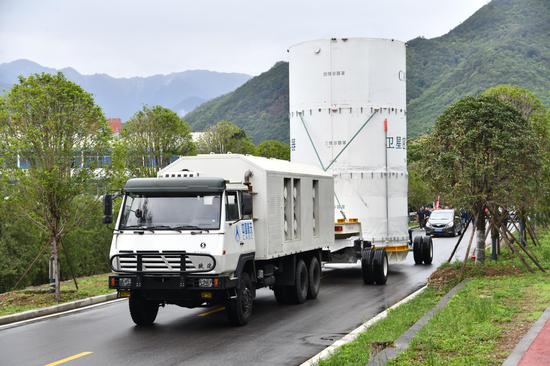

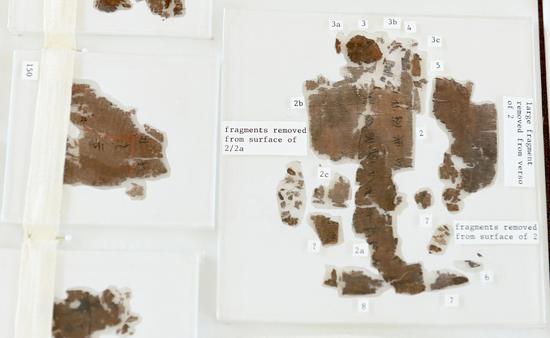




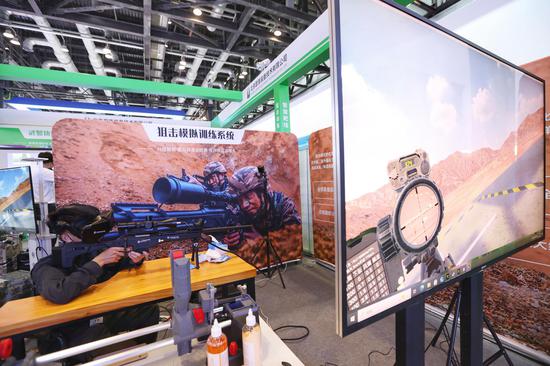

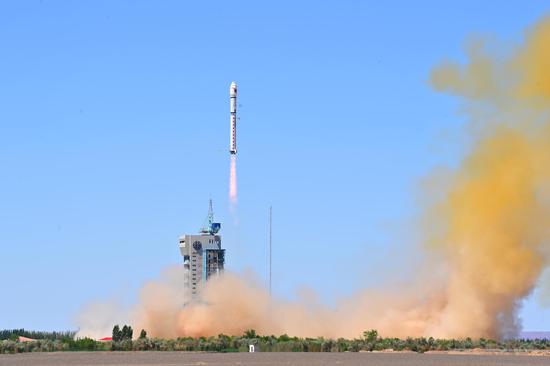



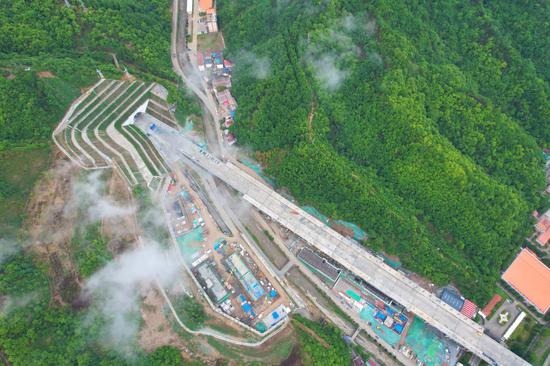




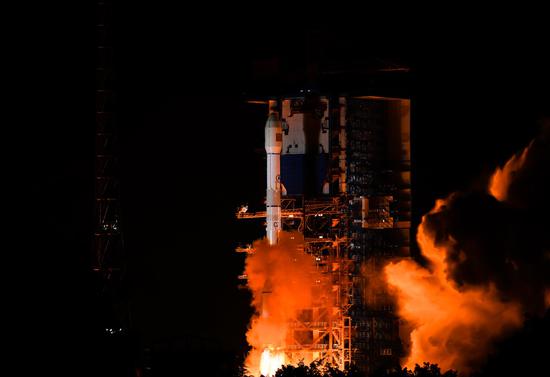



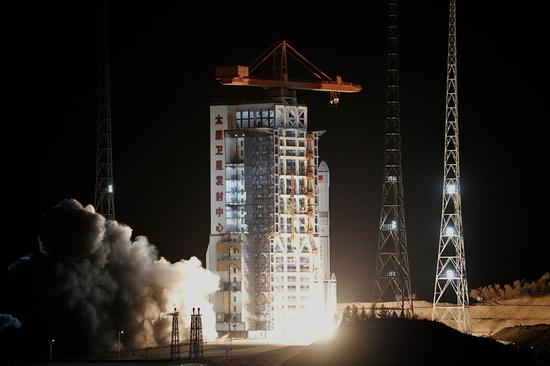




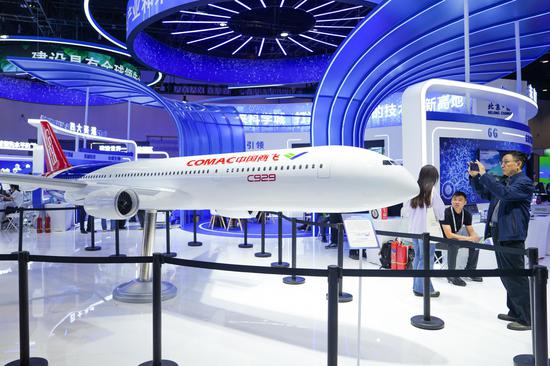
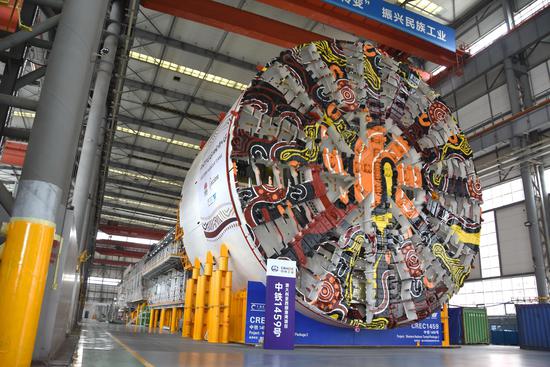









 京公網安備 11010202009201號
京公網安備 11010202009201號